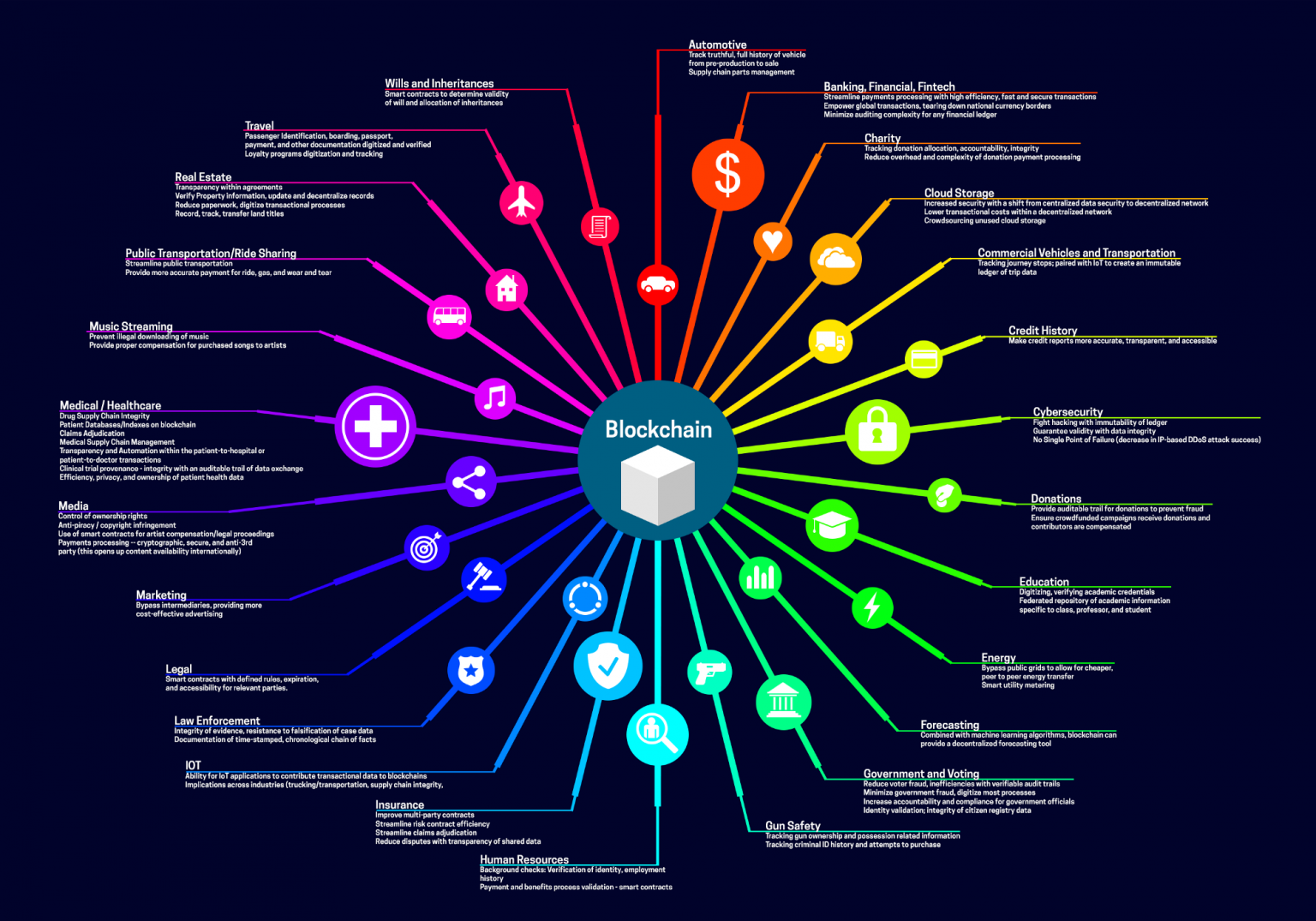The Philosophy of Blockchain: A New Approach to Ownership and Trust

Introduction

The rise of blockchain technology has sparked a renewed interest in the philosophy of ownership and trust. Traditional notions of ownership and trust have been challenged by the decentralized and immutable nature of blockchain, leading to a need for a new philosophical framework.

Decentralization and Disintermediation
Blockchain technology is decentralized, meaning that it is not controlled by any single entity. This decentralization eliminates the need for intermediaries, such as banks or governments, to facilitate transactions or establish trust. As a result, blockchain enables direct peer-to-peer transactions, reducing the cost and complexity of interactions.
Immutability and Transparency
Blockchain transactions are immutable, meaning that they cannot be altered once they are recorded. This immutability creates a tamper-proof ledger that ensures the integrity of data and prevents fraud. Additionally, blockchain transactions are transparent, providing an auditable record of all activities.
Trustless Systems
The decentralized and immutable nature of blockchain creates a trustless system. This means that participants can transact with each other without having to establish prior trust. Instead, trust is derived from the blockchain itself, which serves as a neutral and reliable record-keeper.
New Conceptions of Ownership
Blockchain challenges traditional notions of ownership by introducing the concept of “tokenization.” Assets, both physical and digital, can be represented on the blockchain as tokens. Tokenization allows for the fractionalization of ownership, enabling individuals to invest in assets that were previously out of reach.
Implications for Society
The philosophy of blockchain has profound implications for society. It empowers individuals by giving them control over their own assets and reducing their reliance on intermediaries. Additionally, blockchain promotes transparency and accountability, reducing the likelihood of corruption and fraud. By creating trustless systems, blockchain has the potential to reshape the way we interact and transact with each other.
Conclusion
Blockchain technology represents a paradigm shift in the way we think about ownership and trust. Its decentralized, immutable, and transparent nature challenges traditional notions, leading to new philosophical frameworks. As blockchain continues to evolve, it is likely to further transform our relationship with assets, trust, and the very fabric of society.
